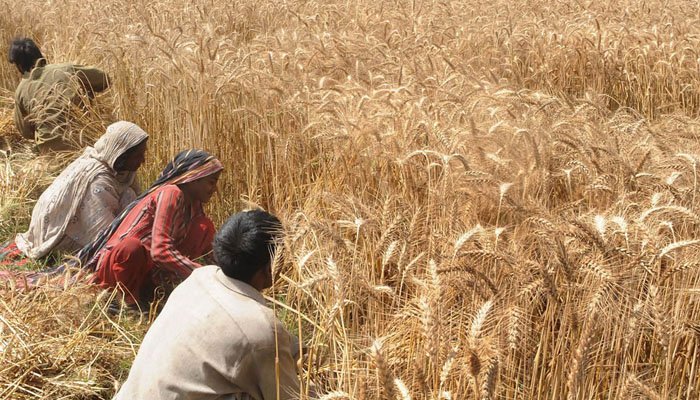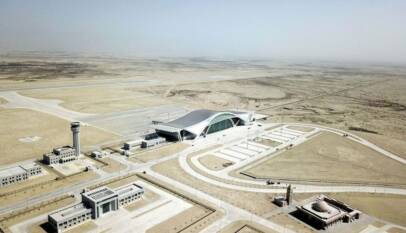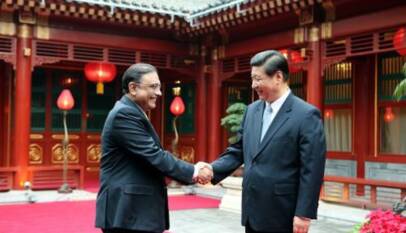CPEC enabling cultivation of cash crops
According to the Executive Director of Policy Research Institute of Market Economy Ali Salman, Pakistani exports in edible items can gain greater share of the Chinese imported food market, currently estimated to be at $100 billion. CEO of the Khyber Pakhtunkhwa Board of Investment & Trade Hassan Daud Butt said that CPEC has allowed for turning barren lands into growing areas for cash crops such as tobacco, olives, tea, date palms and honey.
ISLAMABAD:
Experts are certain that Pakistani foods have the capability to gain greater share of the Chinese imported food market, currently estimated to be at $100 billion.
According to the Executive Director of Policy Research Institute of Market Economy Ali Salman, in addition to fruits, rice and other products that have their export advantages, olive oil is now known as a cash crop that the country has strived to develop in recent years.
Being one of Asia’s leading olive oil producers, Pakistan also eyes the huge consumer market of China. “Pakistan has 4.4 million hectares of land, which has been identified suitable for farming. The potential is really huge compared to Spain, which supplies almost half of the world’s olive oil with its 2.6 million hectares of land. So certainly, these are the opportunities which need to be fully exploited,” Salman added.
CEO of the Khyber Pakhtunkhwa Board of Investment & Trade Hassan Daud Butt said that under the first phase of the China-Pakistan Economic Corridor (CPEC), the barren border areas have now been made a logistics powerhouse for economic crops such as tobacco, olives, tea, date palms and honey, which could quickly reach ports and airports for export.
Technical Advisor Rustam Tea and Organic Farming Pakistan hoped that the bilateral cooperation in tea cultivation and processing will be boosted under the second phase of CPEC.
There is ample room for cooperation between the two countries, with CPEC ensuring a focus on industrial and agricultural ties. The two sides are highly complementary in agricultural trade, intensive processing, cold chain storage and improving crop yield. “Increasing agricultural cooperation between China and Pakistan is part of Pakistan’s social-economic development strategy,” emphasised Special Assistant to Chief Minister on Industries & Commerce K-P Abdul Karim Khan.
First Airbus lands at New Gwadar International Airport
ISLAMABAD, Jan. 30 (Xinhua) — The New Gwadar International Airport in Pakistan’…













